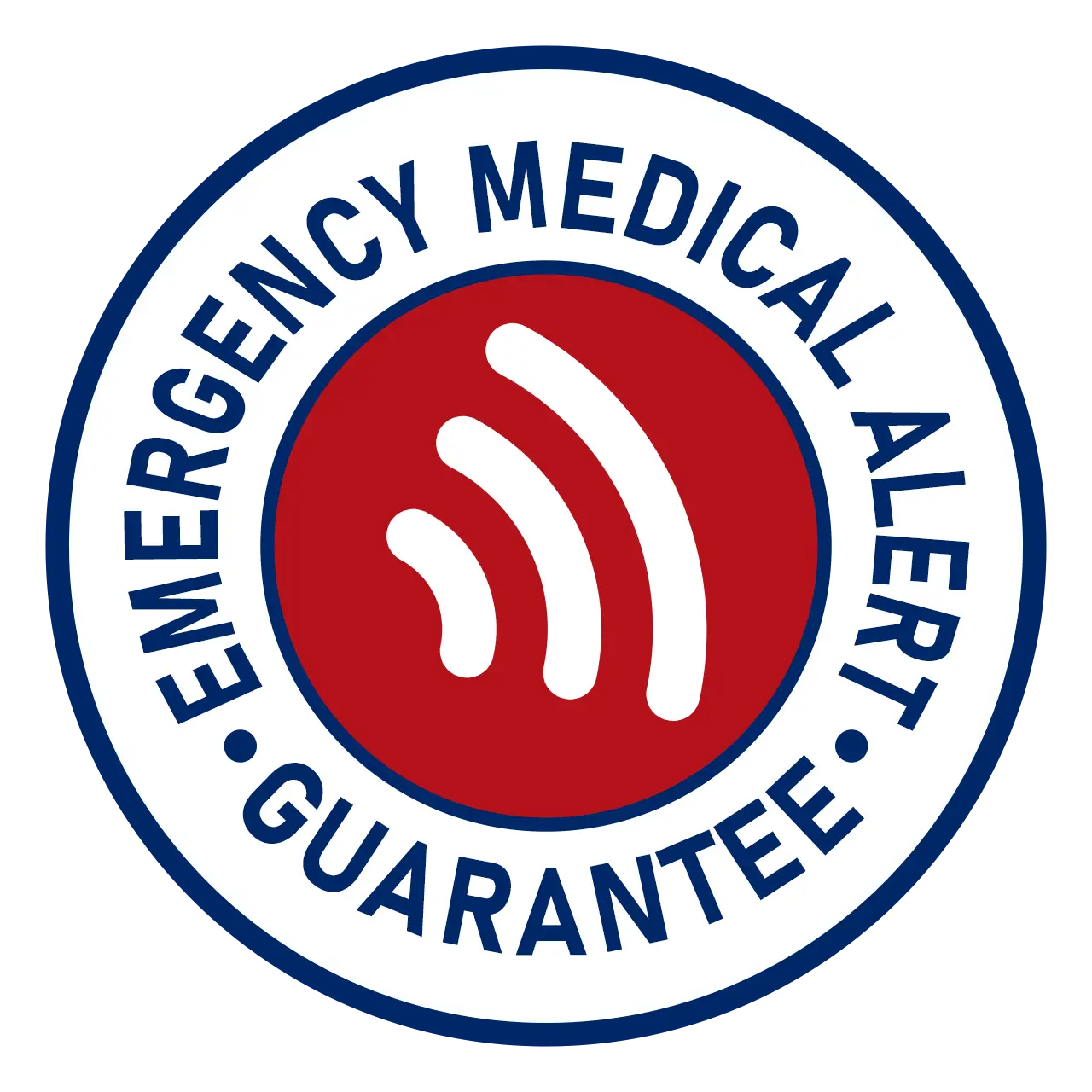Is Mozzarella Cheese Bad For Gout? Here's What We Know
Key Takeaway
For individuals managing gout, Mozzarella cheese can be a reasonable choice provided you select a fresh, low-fat or part-skim variety and eat it in moderation. It is low in purines and may even support uric-acid excretion, but processed types with additives, high salt, or full-fat content can increase inflammation and raise risk of flare-ups.
You have likely been through the terrible experience of a gout flare if you suffer from gout. We understand it hurts, and it hurts even more when you adore cheese. So, there must be one question that has likely troubled you: Is mozzarella cheese bad for gout?
Despite all the confusion online, you can easily be overwhelmed. So, in this blog, we'll explore what mozzarella cheese really does to your system and if it comes into play for a gout-friendly diet.
What Is Gout And What Does Diet Have To Do With It?
Any disease or health syndrome can be managed through your diet and way of life. The same applies to gout as well.
Let's examine the relationship between food and gout in more detail.
A Summary On Gout And Uric Acid
In ordinary language, gout is a type of medical condition that leads to the swelling of the bones and joints, resulting in inflammatory arthritis. It is due solely to the excessive levels of uric acid in the blood.
If the level of uric acid in your blood is higher than it should be, small, razor-shape crystals can be formed and then get deposited in the joints. This crystallization is the beginning of the painful, inflamed, and red spots, with big toe pain as the most frequent condition.
Why Food Has Such A Prevalent Role?
While your body is capable of producing purines naturally, the food you eat has a massive influence on whether uric acid builds up. Red meat, shellfish, and alcohol are all high in purines and are most likely blamed for triggering gout attacks.
But dairy foods are the exception, as we have discovered that they have low levels of purines and reduce the uric acid level. This finding leads us to check if cheese and, more precisely, mozzarella, is bad for gout patients or not.
Nutritional Profiles Of Mozzarella Cheese And Why It Is Important In Gout

The nutritional information that Mozzarella cheese provides is quite important for gout patients. Understanding the ingredients of mozzarella gives an idea of its suitability for a gout diet.
Macro And Micronutrient Composition Of Mozzarella Cheese
Mozzarella cheese is one of the cheeses containing high amounts of calcium, vitamin B12, high-quality protein, and mineral phosphorus. Further, it is less fatty than most other cheeses, if you do not consume whole milk or processed cheese.
What makes mozzarella unique is that it's low in purines. So, it's not like meat or some seafood, which are restricted for gout patients, especially when you pick the part-skim or the low-fat variety commonly found in stores.
Is Mozzarella Cheese Bad Or Good For Gout?
Compared to the purine-rich foods such as organ meats or beer, mozzarella cheese is low on the list. It does not contribute to uric acid buildup in the same straightforward way. But yes, if consumed in high amounts, it will irritate your system and trigger gout attacks.
Mozzarella made from whole milk is far superior to processed cheese in frozen pizza or chips.
Fresh mozzarella, especially part-skim or low-fat, not only has fewer purines but also fewer salt and additives that can be termed safe for gout conditions.
Processed mozzarella has preservatives and excess salt, which will raise inflammatory reactions in your system. If you are going to incorporate mozzarella into your diet, ensure that you handle and store it fresh and pure.
Why Mozzarella Might Possibly Be Gout-Safe?
Following one of the most sophisticated studies and research, food experts and scientists came to the conclusion that low-fat dairy foods might even reduce the risk of gout attacks.
The American College of Rheumatology reported on studies showing that dairy proteins increase the excretion of uric acid by the kidneys.
Mozzarella, also being a member of the dairy group, contributes to these advantages, particularly if it is cow milk-based and low-fat and taken in moderate amounts.
Low Purine Alternative
In contrast to red meat or poultry, mozzarella is a high-protein food but not a purine-rich food. This positions it as a perfect alternative for those who are looking to reduce meat intake without having to sacrifice fullness or muscle maintenance.
Gout sufferers typically find themselves unable to consume enough protein due to the fact that most proteins are purine-concentrated, but with mozzarella, that is not true, since it provides a smart workaround.
Satiety and Portion Control
Another reason why mozzarella when consumed in moderation may be gout-safe is that it can quickly suppress hunger with a minimal amount of consumption. A little goes a long way in satiating the stomach, and this can keep one within a regulated calorie consumption.
This can certainly be regarded as a blessing, considering the fact that obesity is a causative factor for gout. Putting a small amount of mozzarella into a balanced diet can reduce the likelihood of eating other, riskier foods.
Thinking Of Adding Mozzarella To Your Diet? Here's How

Can people with gout eat mozzarella? Indeed, as a component of a well-balanced, low-purine diet. However, moderation is the essential factor.
It would not be difficult for natural, part-skim mozzarella placed on your salad or whole-grain bread to trigger your uric acid levels, and it might even decrease them, providing that the other parts of your diet and everyday life are also in same direction
The increased salt content, sodium, chemicals, and unhealthy fats can lead to joint inflammation, which in turn leads to inflammation and delayed recovery and also makes the joint aches worse.
Consequently, it is most appropriate to stay away from processed cheese and stick with natural, fresh cheese products.
Conclusion
Is mozzarella cheese bad for gout? Well, the answer is not just a simple yes or no. Mozzarella can be included in a diet for gout sufferers, but only if it is not loaded with additives and taken in moderation.
It offers a combination of low purine value, complete protein, and uric acid-lowering dairy benefits. So, it is one of the cheeses that you can say yes to with a smile. If you're managing gout and love cheese, mozzarella doesn't have to be off the menu.























